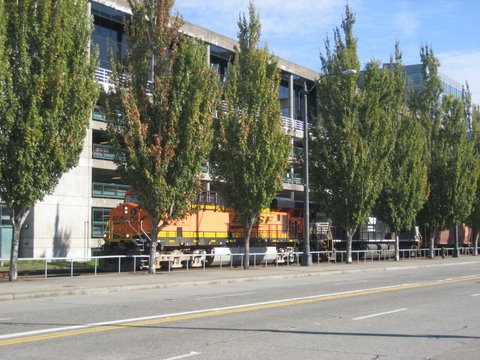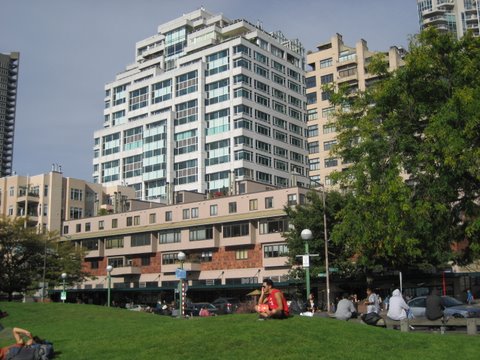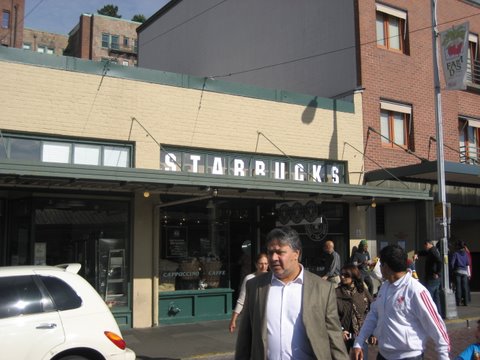Very late yesterday evening I received an e-mail from Mr. Saisyo (Ref.1). If you recall, he is the founder of the Bangladesh Dragon Cherry Blossoms (in Japanese) (Ref.1). With the partnership of the Grameen Foundation, Dragon Cherry Blossoms help impoverished Bangladesh high school students try for the area’s top university, Dhaka University. Mr, Saisyo and his colleagues help prepare the students for the entrance exam, and according to his email, he’s had an amazing experience.
Mr. Saisyo’s email read: “We are receiving phone calls from the villagers like mad. Most of the calls are to tell us how surprised they are of the successes we’ve had and to shower us with congratulations!!! It seems that the whole village has been thrown into a whirl of excitement.
“The entrance exam was for the B course (humanity) at Dhaka University. 36,000 students took the exam and 3,000 passed. From Dragon Cherry Blossoms, 13 students sat the exam, and 1 student, Boran Udin Heral, passed and scored in 1276th place.
“A student at a top-ranked high school passed at 2300th, and a student of an elite prep school passed at 1500th. Our Heral, from our village, passed at the score of 1276th! This is a huge accomplishment!
“13 students took the exam and 1 student passed from our Dragon organization.
1000 students took the exam and 50 students passed from a major prep school called UAC.
2000 students took the exam and 180 students passed from a major prep school called UCC.
This shows how well our students competed against the major prep schools.
“Two more entrance exams are scheduled at Dhaka University;
C course (November 26th)
D course (December 3rd)
Dragon students will challenge both!
‘Heral proved that nothing in the world is impossible. He will without doubt become a role model for the village children next year, and eventually a thousand and then ten thousands students will follow.
‘Heral is the first case in Bangladesh to have passed a Dhaka University entrance exam through e-education study! Mahin, my partner, exclaimed, ‘E-education will change human life!!!!’”.
Mr. Saisyo explains the intense academic competition in Bangladesh as follows:
“I talked with the local university student team and a reporter from a major newspaper who is specializing in education issues. In Bangladesh, I learned,
730,000 students take the High School Certificate (HSC) exams.
530,000 students pass the HSC and go on to sit University entrance exams.
Out of those 530,000, 290,000 of the students receive an A rank .
But Universities only have the capacity for 107,000 students.
“Among these 107,000 seats, 70,000 are offered by private universities Students from farming village can not afford to pay the high tuition of private universities.
“ With these facts I have come to understand why it is that so many talented students compete for the very limited seats at National Universities.”
It was just two years ago when Mr. Saisyo came to my office for advice. Since then he’s taken a leave of absence from Waseda University for two years, and endured many challenges and struggles. And today, he is celebrating a true accomplishment and a tremendous success.
By putting his passion to work, Mr. Saisyo proved that nothing is impossible in this world.
So, you see, youths today are not as bad of a place as you think.



























